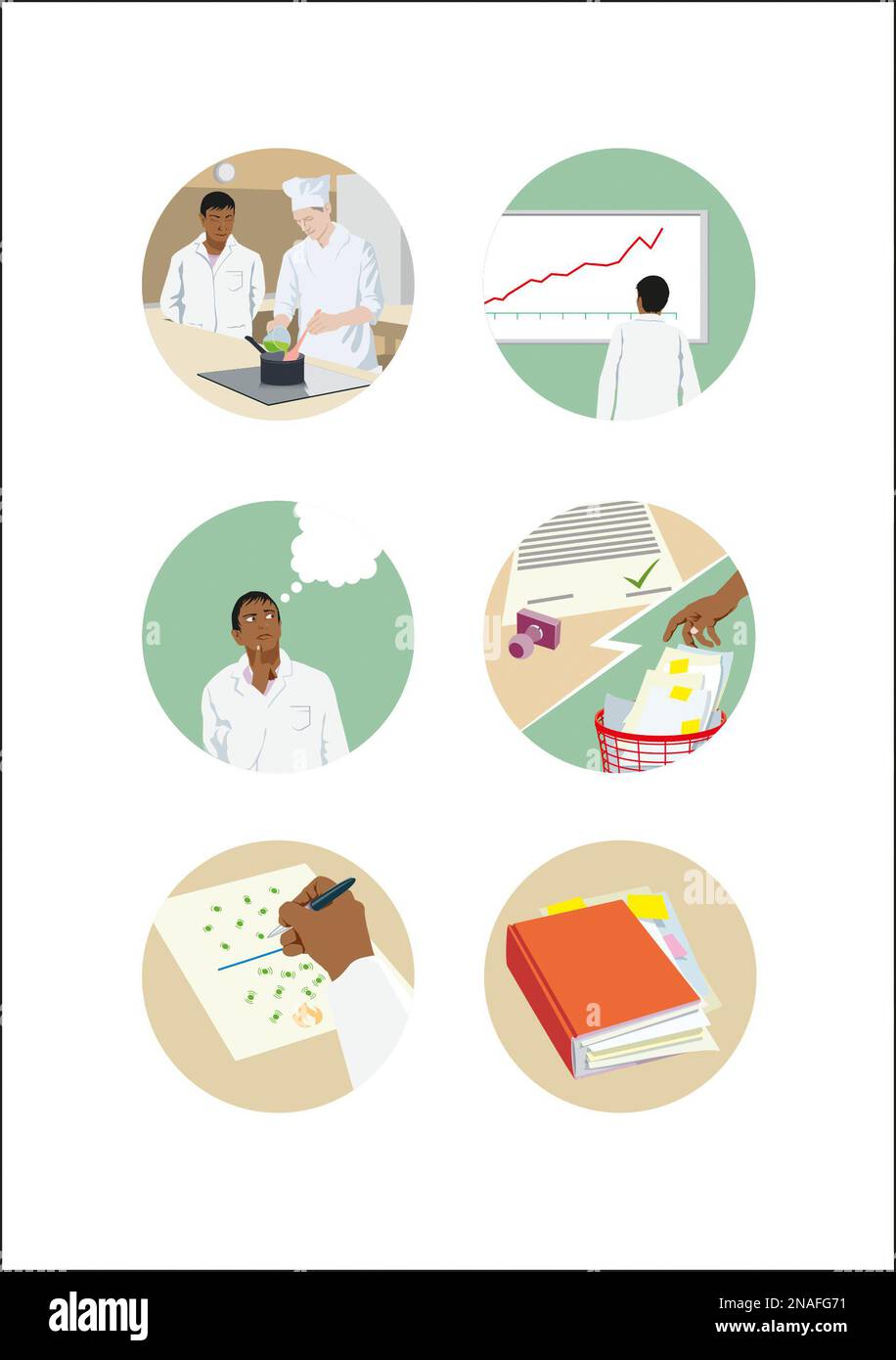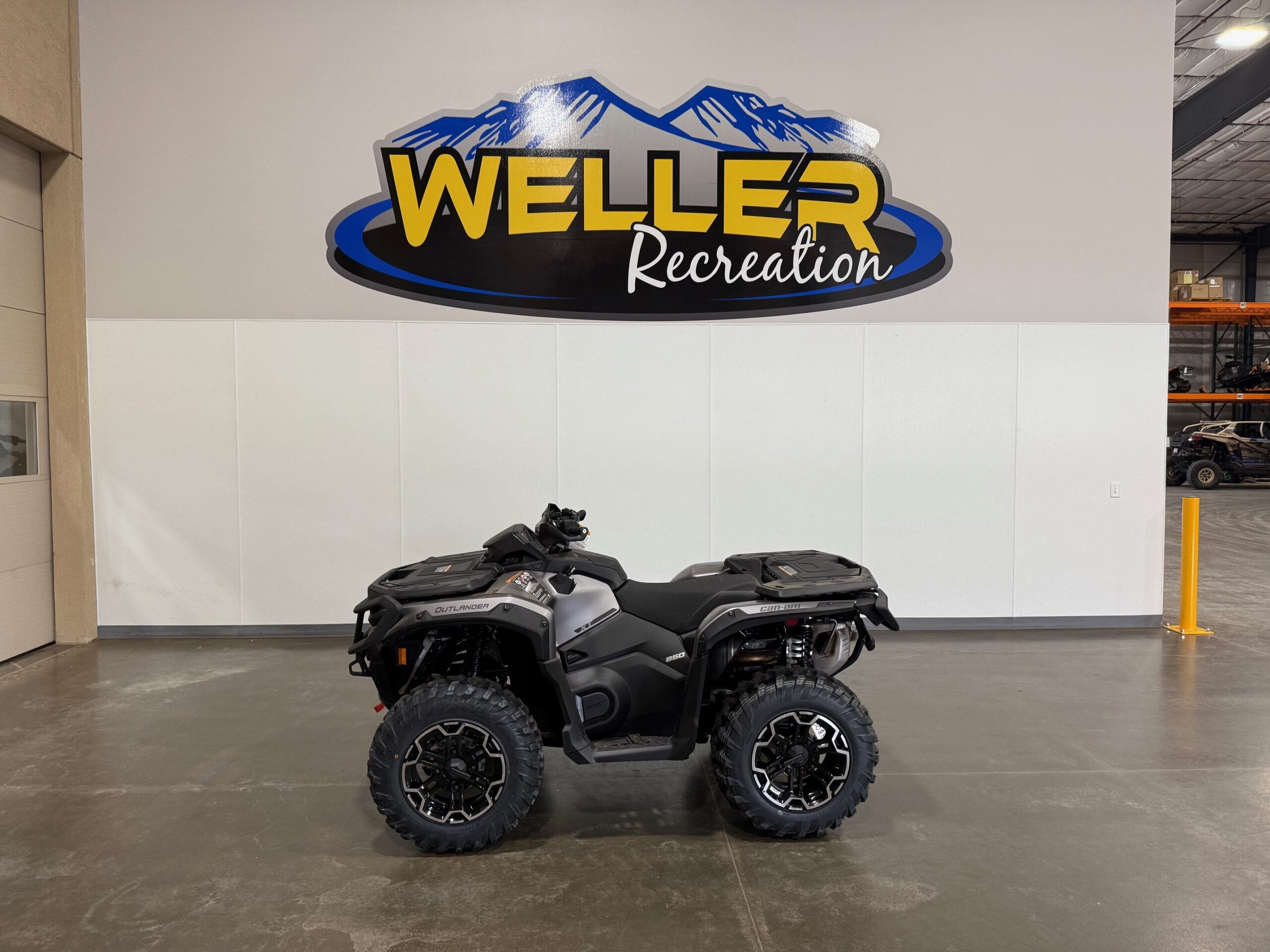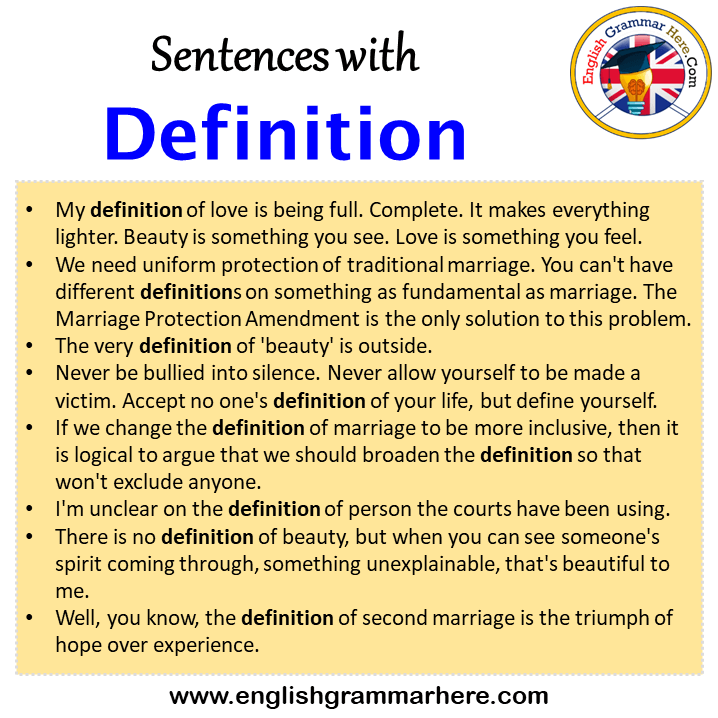Do You Need a Real Estate License to Wholesale? Key Legal Rules, Steps & Alternatives Explained
Understanding Real Estate Wholesaling: An Introduction
Real estate wholesaling is a popular strategy among investors seeking to generate income without owning property long-term. This process typically involves securing a purchase contract for a property and then assigning that contract to another buyer for a fee. Despite its apparent simplicity, the legal requirements for wholesaling vary dramatically depending on location, and misunderstandings can lead to significant penalties or legal action. This article provides a detailed, state-by-state breakdown of licensing requirements, actionable guidance, and alternatives for aspiring wholesalers.
Do You Need a Real Estate License to Wholesale?
The central question for most aspiring wholesalers is whether a real estate license is required. The answer depends primarily on state law and the specifics of how wholesaling is conducted. In many states, no license is required if you are only selling your right to purchase property (the assignment of contract) and not actively marketing or selling the property itself. However, some states impose strict licensing requirements and regulate wholesaling as a real estate activity.
States Where a License Is Required
Certain states have explicit laws mandating a real estate license for wholesale activity. For example:

Source: mundoeducacao.uol.com.br
- South Carolina : Requires a real estate license for all wholesalers. This is one of the strictest states, and engaging in wholesaling without a license can result in fines or legal action. The law aims to ensure consumer protection and market integrity by restricting wholesaling to those with professional credentials [1] .
- Kentucky : Wholesalers must be licensed real estate agents or brokers to legally facilitate wholesale transactions. This requirement covers anyone involved in the sale, purchase, or lease of real estate [1] .
- Illinois : Requires a license if you engage in more than one wholesale transaction per year. This regulation seeks to professionalize wholesaling and protect consumers from unethical conduct [1] .
- Pennsylvania : Wholesaling is considered a licensed real estate activity, and anyone engaging in wholesaling must hold a valid real estate license. The Real Estate Licensing and Registration Act (RELRA) clearly defines wholesaling as promoting the sale or transfer of an equitable interest in real property for a fee, even if you never take title [5] .
- Philadelphia : Requires a specific Residential Property Wholesaler License for those who buy residential properties solely for resale, or help owners sell so the property can be resold [3] .
States Where No License Is Required (With Caveats)
Other states are more permissive, but there are important limitations:
- Kansas : No license is required if you strictly assign your right to purchase under a contract and do not market, list, or sell the property itself. Violating these boundaries may expose you to penalties for unlicensed activity. Wholesalers must avoid representing buyers or sellers directly [4] .
- Texas & Nevada : Generally do not require a license for wholesaling, provided you are selling your contractual rights and not representing parties in the transaction. Ethical conduct and transparency are still strongly emphasized [1] .
- Florida : Laws are ambiguous but lean toward permissiveness if you avoid representing others and only assign your contract rights. Fraudulent behavior and misrepresentation can result in investigation and penalties [1] .
Special Licenses and Local Regulations
Some cities, like Philadelphia , require a special wholesaler license even if you do not need a state real estate license. The Residential Property Wholesaler License is issued by the Department of Licenses and Inspections and applies to businesses buying and reselling residential properties for profit. You do not need this license if you are a licensed PA attorney, real estate agent, or a public official acting in your official duties [3] .
How to Legally Wholesale Real Estate: Step-by-Step Guidance
To operate legally as a wholesaler, follow these steps:
- Research State and Local Laws : Begin by researching your state’s real estate commission website or official government portal for wholesaling and licensing rules. If your city has additional requirements (like Philadelphia), contact the Department of Licenses and Inspections or similar regulatory body.
- Consult a Real Estate Attorney : Laws change frequently, and the distinction between assigning contracts and selling property can be subtle. An attorney can help you draft compliant contracts and avoid crossing into licensed activity [2] .
- Draft Assignable Contracts : Ensure your purchase agreements contain explicit assignment clauses. Most contracts are assignable unless stated otherwise, but clarity reduces legal risk [4] .
- Market Only Contract Rights : You may market your contractual right to purchase the property but should not market the property itself. This distinction is critical-marketing the property directly can be interpreted as unlicensed brokerage activity [2] .
- Disclose Your Intentions : Transparency with sellers and buyers builds trust and protects you legally. Clearly communicate your role and intentions, especially regarding assignment and resale [2] .
- Obtain Necessary Licenses (If Required) : If your state or city requires a license, apply through the official real estate commission or licensing department. For example, in Philadelphia, you can apply for the Residential Property Wholesaler License through the Department of Licenses and Inspections [3] .
- Keep Records and Stay Current : Maintain thorough documentation of all transactions and stay up to date on regulatory changes. Many states periodically update laws related to wholesaling and real estate brokerage.
Key Challenges and Compliance Risks
Operating without the appropriate license in a regulated state can result in fines, the loss of future business opportunities, and even criminal charges. Even in states where licensing is not required, misrepresenting your role or marketing properties directly can trigger investigations or complaints. For example, in Pennsylvania, the Real Estate Commission investigates unlicensed activity and can issue penalties or suspend individuals [5] . Always err on the side of caution and seek professional advice if unsure.
Alternatives and Additional Pathways
If your state requires a license, consider these alternatives:
- Obtain a Real Estate License : Many wholesalers find that earning a license opens up new opportunities, including access to the Multiple Listing Service (MLS), additional networking, and enhanced credibility [2] .
- Partner With Licensed Professionals : Team up with licensed agents or brokers. This allows you to operate legally while leveraging their expertise and industry contacts.
- Focus on Other Investment Strategies : If licensing requirements are too burdensome, consider alternative real estate investments such as fix-and-flip, buy-and-hold, or rental property management, which may have different regulatory requirements.
How to Access Wholesaling Resources and Licensing Information
To ensure compliance and stay informed, use these strategies:
- State Real Estate Commission Websites : Search for your state’s official real estate commission. You can typically find licensing requirements, forms, and contact information for further guidance.
- Professional Associations : Organizations such as the Pennsylvania Association of Realtors® provide overviews and guidance on wholesaling legalities [5] .
- Local Government Portals : For city-specific requirements, such as Philadelphia’s Residential Property Wholesaler License, visit the official city website for instructions and application forms [3] .
- Legal Counsel : Contact a real estate attorney specializing in your jurisdiction for custom advice and contract review.
- Networking and Continuing Education : Attend real estate investor meetings and seminars to connect with licensed professionals and stay current on legal changes.
Summary & Key Takeaways
The need for a real estate license to wholesale depends entirely on your state and city regulations. In some states, you may operate without a license by selling your contractual rights; in others, a license is mandatory for any wholesaling activity. Always consult official sources or legal professionals before beginning, and prioritize transparency, ethical conduct, and compliance to avoid costly mistakes. If you are ready to begin wholesaling, start by researching your local laws, contacting your state’s real estate commission, and seeking professional guidance to build a compliant and successful business.

Source: umdoisesportes.com.br
References
- [1] Empora Title (2024). Is Wholesaling Real Estate Legal? Your Comprehensive Guide.
- [2] Real Estate Skills (2025). Wholesaling As A Real Estate Agent: Strategy & FAQs Explained.
- [3] City of Philadelphia (2024). Get a Residential Property Wholesaler License.
- [4] Real Estate Skills (2025). Is Wholesaling Real Estate Legal In Kansas?
- [5] Pennsylvania Association of Realtors® (2025). Wholesaling Overview.
MORE FROM searchhole.com













